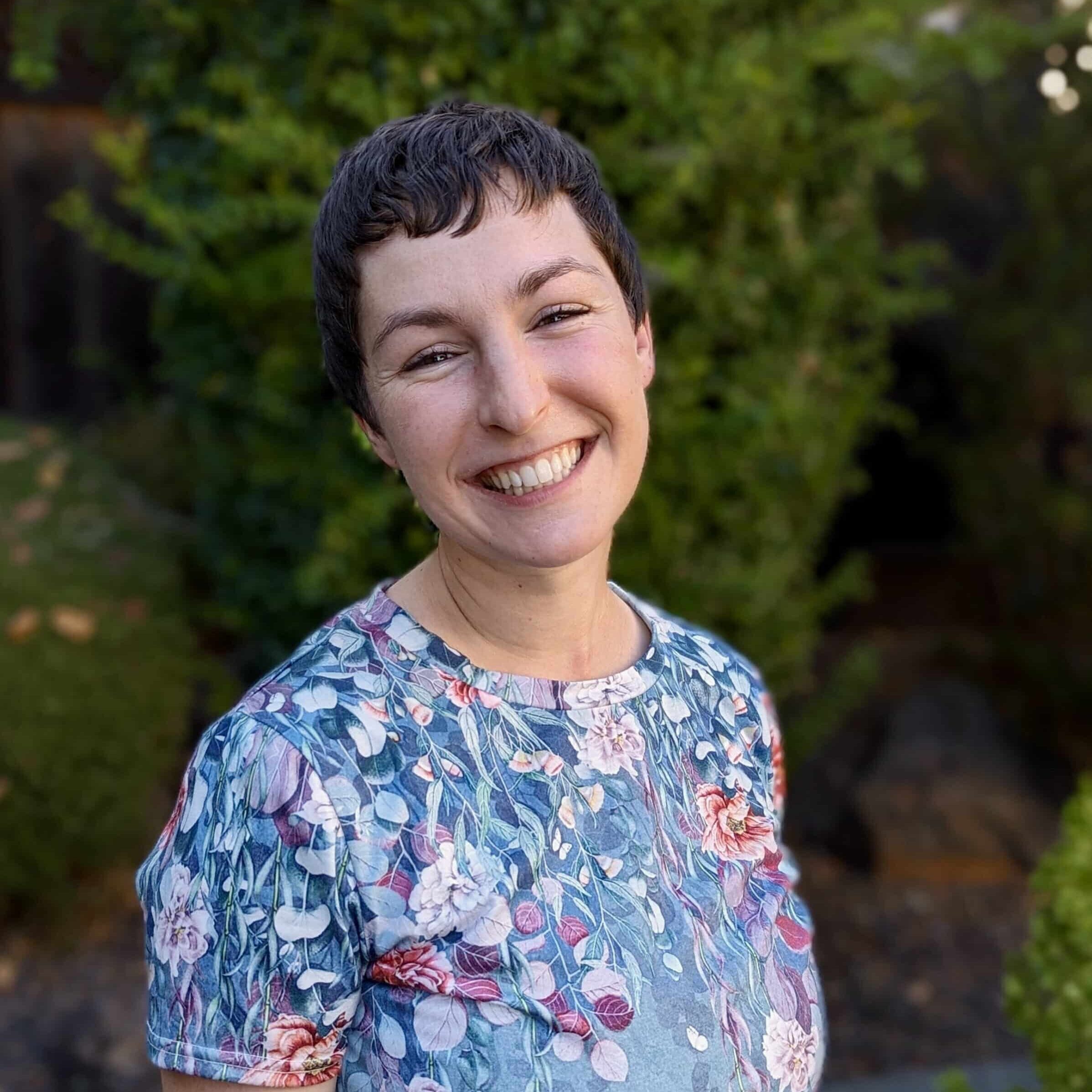“We can all help prevent suicide. The National Suicide Prevention Lifeline provides 24/7, free and confidential support for people in distress, prevention and crisis resources for you or your loved ones, and best practices for professionals. Call 1-800-273-TALK (8255).”
Those of us living with addiction are also often struggling with mental health issues such as depression, anxiety and Post Traumatic Stress Disorder (PTSD). What is PTSD and how does it affect us? Our mental illnesses affect each of us differently, and we all will experience them differently, but there are some common symptoms that many of us with PTSD suffer from.
Trauma Treatment Centers
Contact Us
What is Post Traumatic Stress Disorder?
Many PTSD sufferers have a relationship with their traumatic experiences that causes them to replay and relive the painful event, over and over again. We will visualize the event repeatedly. We might obsess about it. We might have nightmares and intense flashbacks. When we’re triggered or somehow reminded of the event, we can experience intense feelings of anxiety, sadness and fear. We can have panic attacks and even feel like we’re having a nervous breakdown or heart attack. We can even suffer from suicidal thoughts, thinking that ending our lives will bring us the relief we need from our recurring emotional pain. Because we’re experiencing the traumatic event repeatedly in our minds, we’re constantly on the alert for it, trying desperately to avoid being retriggered. As a result, we’ll avoid situations that remind us of the trauma. We’ll avoid people who might say something that triggers us or bring up an issue that is sensitive for us. We might isolate ourselves completely, hoping to avoid being triggered altogether. Those of us with PTSD find that our condition can affect every part of our lives. We might miss work, school and other obligations. We might have problems with our performance, timeliness or meeting deadlines. We might have relationship problems, where we take our pain and turmoil out on the people closest to us, people who often don’t know what we’re going through and aren’t aware of our condition. Relationship problems are a major contributor to both addictions and mental health issues, and we can find our mental and emotional health declining as a result. Learning more about our mental health issues can help us connect with ourselves more deeply so that we can heal holistically. When we avoid learning about our conditions, we keep ourselves in the dark, uninformed and confused. Being informed about our health issues can help us feel less alone, less lost and overwhelmed. We are not alone in our struggles, and knowing more about the causes and symptoms of our illnesses can help us to come out of our shell so that we can better connect with the people who can help us.Relationship Between PTSD and Substance Abuse
Mental health conditions are linked to drug and alcohol use disorders and addiction. Post traumatic stress disorder (PTSD) is a debilitating mental condition that leads to depression, intense anxiety, and intrusive memories or flashbacks that interfere with a person’s life. Many people develop PTSD from childhood abuse, military combat, natural disasters, or sexual assault. First responders are at risk of PTSD due to on-scene tragedies, accidents, and crimes. People with Post Traumatic Stress Disorder often turn to drugs or alcohol to suppress their emotional pain. When addiction co-occurs with a mental illness, such as PTSD, a person is treated for a dual diagnosis – one from an impairing psychiatric disorder and the other from addiction. PTSD and substance abuse are often correlated as a person suffering with PTSD can easily turn to drugs or alcohol as a way to escape. As he or she uses more substances more frequently, they increase the risk of developing a drug or alcohol addiction. A person with a dual diagnosis needs to get treatment immediately for his or her mental condition and addiction simultaneously. Many drugs can worsen symptoms of PTSD and cause physical impairment, overdose, or death. Alcohol leads to organ failure and affects a person’s critical thinking, vision, speech, coordination, movement, and can cause overdose or death. A person with PTSD is at high risk of substance abuse but when treated, the risk is decreased. PTSD causes angry outbursts, feelings of helplessness, aggressive behavior, and restlessness. People living with PTSD often relive traumatic events, have nightmares, and can become socially withdrawn. At Corner Canyon, we create individualized plans to help our patients overcome post traumatic stress disorder and addiction therapy.At Corner Canyon, our doors are open to adult clients seeking healing and transformation to put their lives on the path of recovery. Our residential treatment center offers a warm and welcoming home environment paired with exceptional individualized clinical care utilizing the latest in scientific advancement for treating both mental health and addiction treatment. For information on our program outside of Salt Lake City, Utah, call us today:866-399-3469




